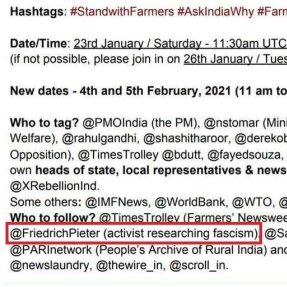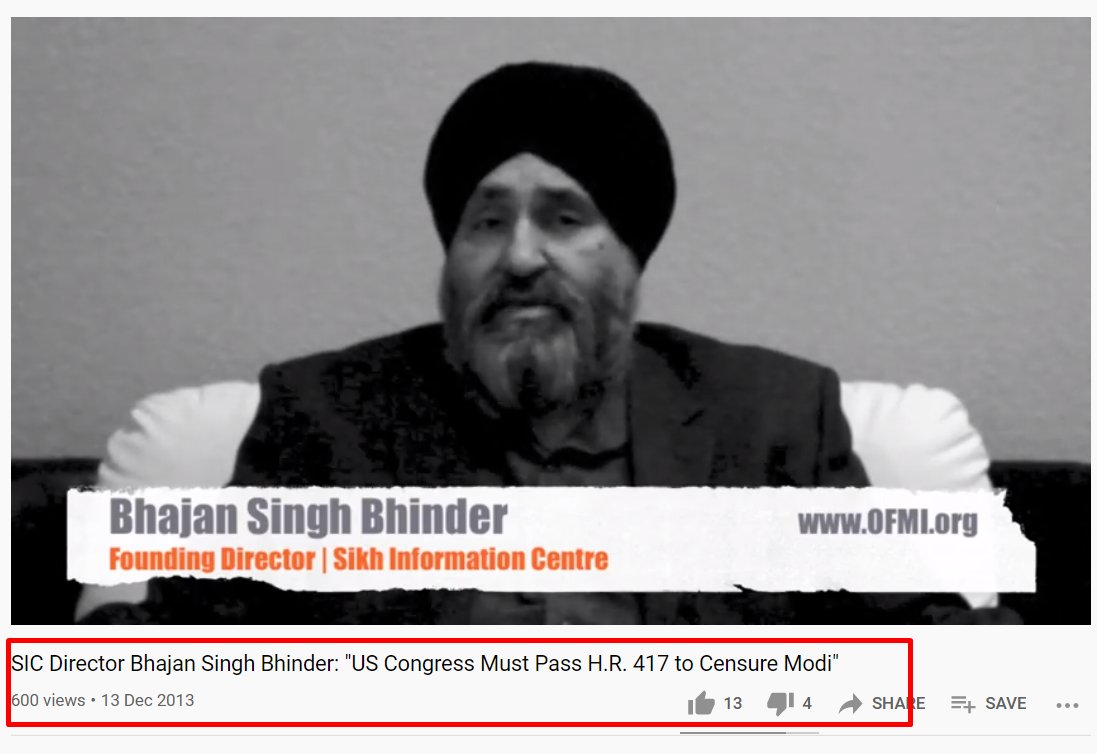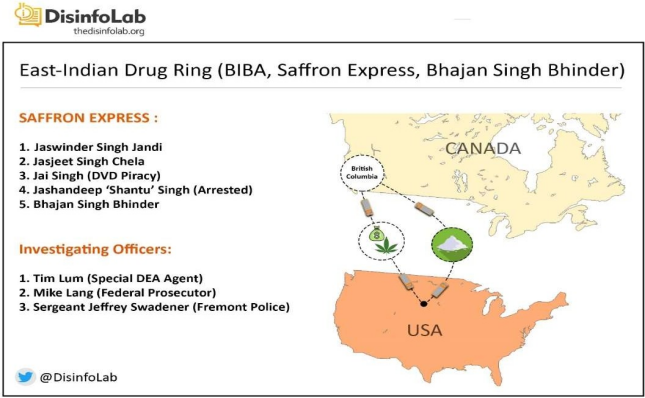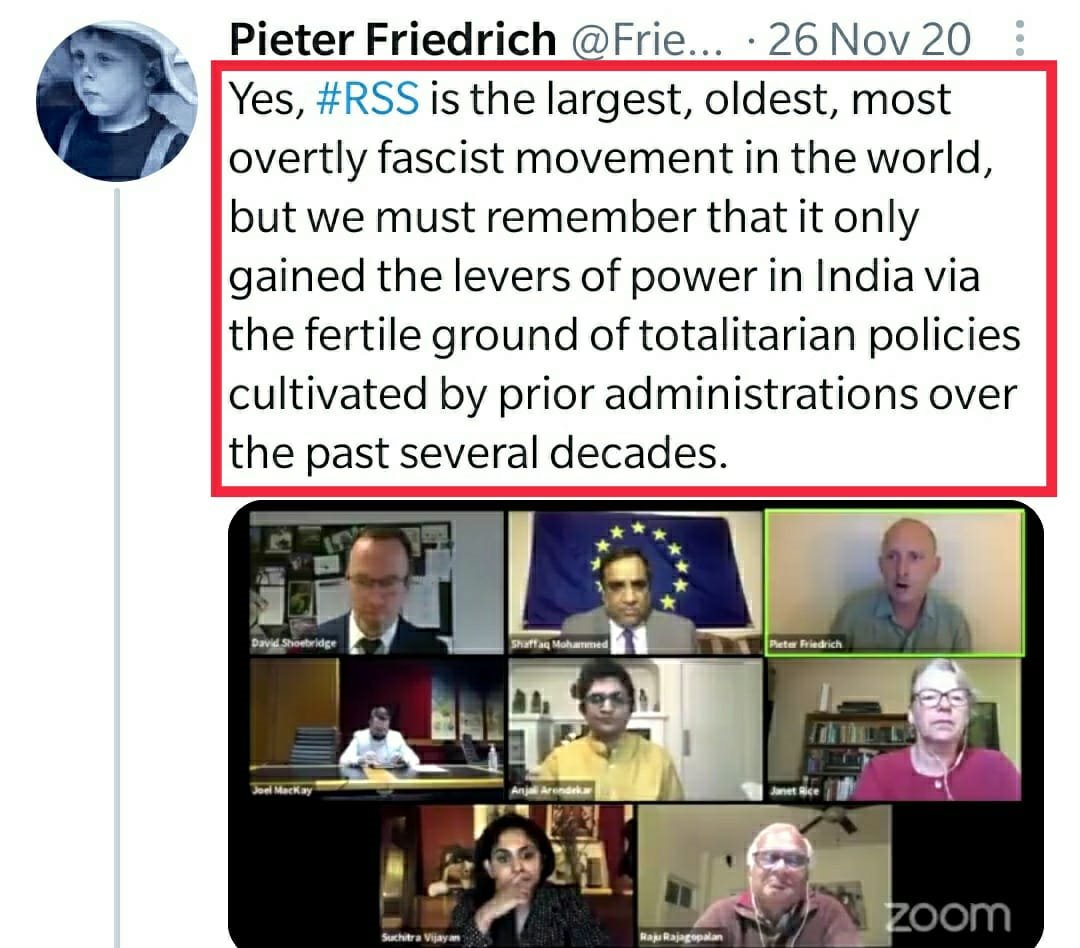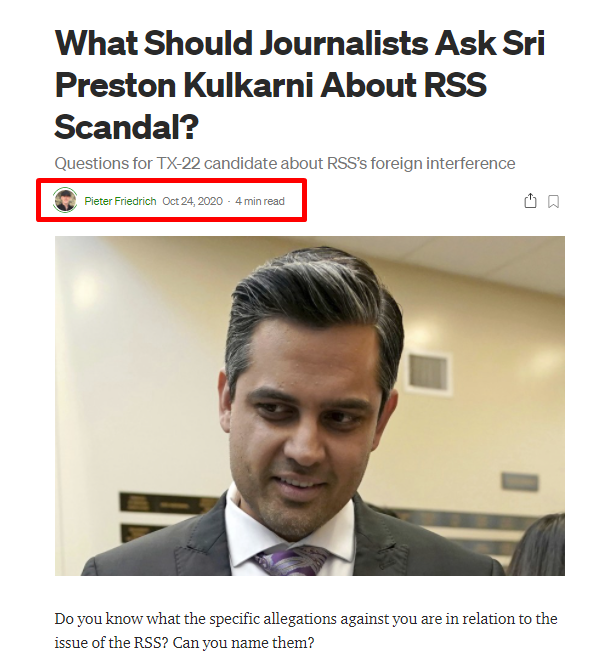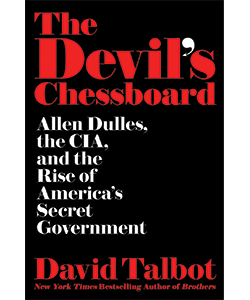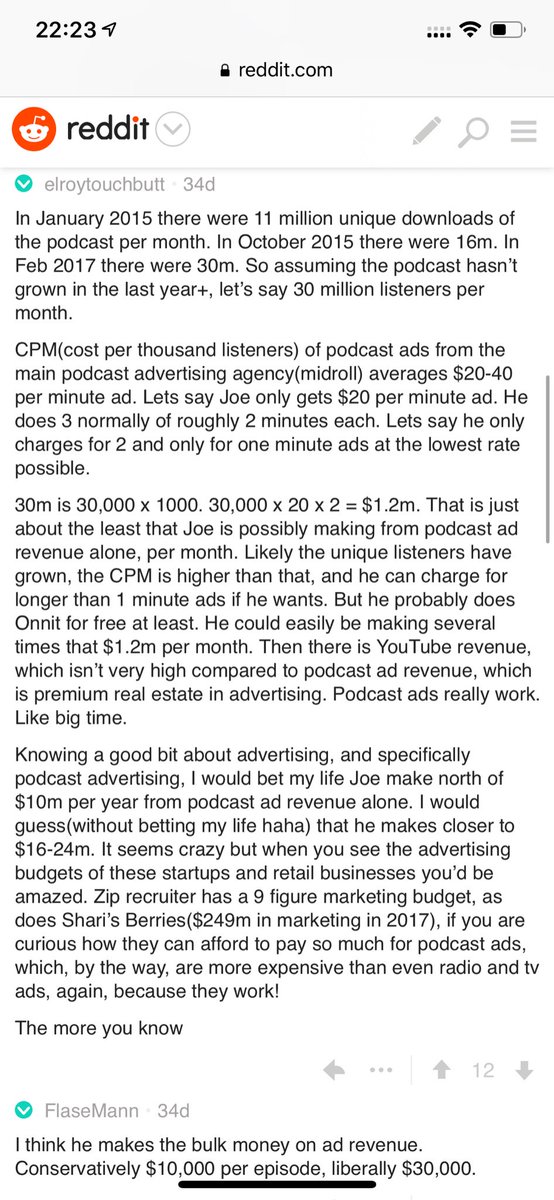Most of this is drawn from one of my favorite books on the subject, The Authoritarians, by Bob Altemeyer.
You can find it here.
https://t.co/SfXYxDqanv
The thing about authoritarian followers, is that they don't ask why. They don't question. They don't get suspicious. They don't suspect ulterior motives. When someone tells them what they wanna hear, they buy it, hook, line, and sinker... and they assume everyone else does too.
Therefor, they assume others do this too, and they try to poke holes in their opponents arguments. They think that if they catch, say, Hillary Clinton lying, then her "followers" will leave her.
Under the assumption that they aren't already aware she probably is lying at times.
They don't understand how a decentralized movement works, they don't understand how to be properly critical of politicians you vote for, and they see this as one giant political game of King of the Mountain.
Just shove people off and you win.
Anyways my brain is more than a little fried today, but generally, that's a good observation, Altemeyer wrote a good book, and y'all should go learn more about that stuff if you haven't already, it's fascinating.
Actually lemme add a thing real quick.
So I'm from New England. If you know anything about NE, you know it's center-left, with spots of traditional (economic) conservatives and libertarians. It's mistaken for NY and DC in terms of politics, but we're a lot less blue.
That isn't to say it's red, mind you. New England tends to be purple, and what shade depends on the needs of the people. Not a lot of cities, pretty rural, can be a tough place to survive in even now, thanks to weather and environment.
I moved to Missouri when I was 18, 19. Got engaged to a woman there, so I ended up staying. This eventually led to a lot of political conversations, and I learned a lot.
But one thing that kept coming up, was how anyone left of center was a lib, and following lib leaders.
Now mind you, when I first moved, you could describe me as a left-libertarian. Less government interference, lower taxes, more autonomy for citizens. I definitely wouldn't say I was against D or R policies, though, just that not all of them lined up with my beliefs.
For me, politics was never a red or blue game. My parents had always taught me that party lines weren't important. Policy was. Vote for the guy who is gonna do the best job, not the guy who plays for the right team. Lead with your values.
This did not work in Missouri.
I was constantly harangued about supporting people and policies I didn't support. Constantly called a lib - because I came from the northeast - and constantly assumed to stand behind everything any Democratic politician did. It took me a while to parse this out, but when I did...
I realized that the reason I was constantly getting these questions and accusations was because they were playing an entirely different "game" than I was. I saw politics as the political compass, and myself as a moving dot upon it.
They saw it as left or right. Red or blue.
Since my political beliefs tended more towards the "blue" side (latest compass included), I was a leftist liberal Demorat who loved Hillary and socialism and Obama and hated guns, religion, and freedom.
There wasn't a middle ground. If you weren't red, you were blue. If you failed to be red enough, you were blue. There was no complexity to it. Us vs them. Red vs blue. Freedom vs totalitarianism. It really had no nuance to it. That's why it worked.
The Republicans I saw on the local news were constantly jockeying to discredit their opponents or political enemies as Democrats, because that resonated. That was the worst thing to be. You didn't wanna be a lib. Libs wanted to destroy America and take your rights.
It became a very simple equation. If you weren't red, you were blue. If you were blue, you were a liberal. If you were a liberal, you thought Obama and Hillary were the greatest people ever and you worshipped at their feet.
Because that's how they see their own leaders.
The people I met down there prided themselves on toughness. They put their identity into their party and the leaders of it, strongman figures they picked out that represented their beliefs about the party and themselves.
Leaders like Trump.
An attack on Trump is an attack on them. That's how it is for them. Because they put their identity in him and in their party. So by that logic, an attack on Hillary or Obama is an attack on liberals and their identity.
And frankly, I'm glad I moved away from that place.
That's a very dangerous way to go about politics. And it leads to men like Donald Trump.
Or worse.

